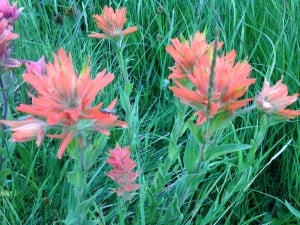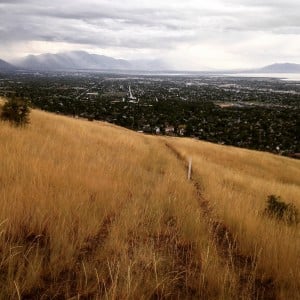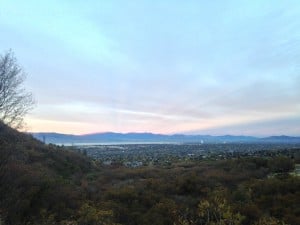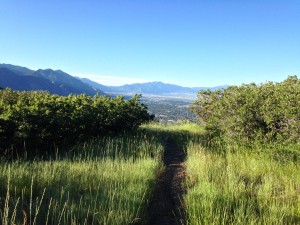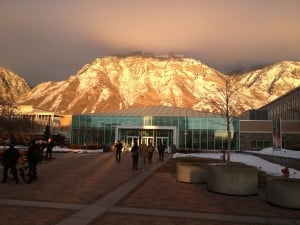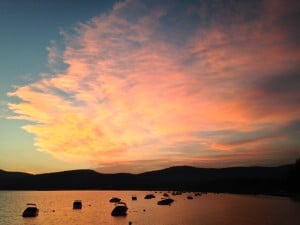(This is a talk I gave at this year’s Women’s Conference at Brigham Young University.) For Thanksgiving each of us in the family has to make a pie—because you can never have too many pies—and this year I tried for the second year in a row to make a banana cream pie. My pie the year before had been too runny. I was determined to follow the recipe exactly this time, so determined that I failed to notice I used... Read more





